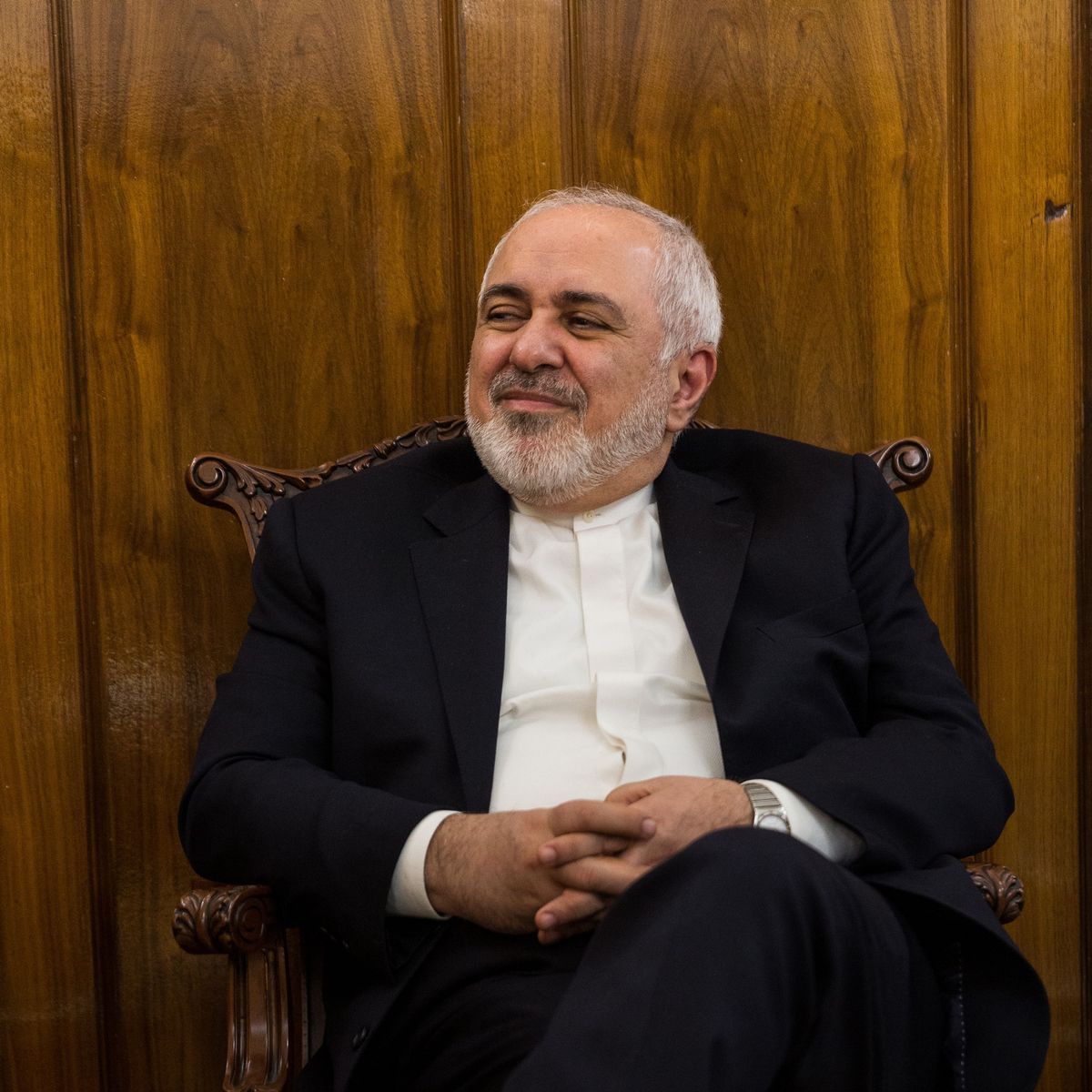Nora Bandari
“Almost every time I went to negotiate, Soleimani would ask me to make this or that concession or raise a point… and success in the military arena was more important than the success of diplomacy. I was negotiating for success in the military arena.”
This quote came in a leaked audio recording of Iranian Foreign Minister Mohammad Javad Zarif published by the anti-regime Iran International channel on April 25. In the audio leak, Zarif revealed the role of the Revolutionary Guard, specifically former Quds Force commander Qassem Soleimani, and a number of Iranian officials in the country’s foreign policy.
The scandals revealed by Zarif in this recording sparked great controversy inside and outside Iran, especially among conservative politicians, who demanded that Zarif be punished for crossing “red lines” and talking about Soleimani in such a way.
Urgent investigation
After a number of conservative MPs demanded that Zarif be held accountable for what he said, Iranian media close to the Revolutionary Guard announced on April 26 that Iranian President Hassan Rouhani called on Intelligence Minister Mahmoud Alavi to urgently investigate how the foreign minister’s interview was published and leaked.
The Alef News website, which is close to the hardliner fundamentalist movement, quoted informed sources as saying that this leaked recording caused the resentment of a number of government officials, who emphasized the need to follow this issue seriously.
Response from Zarif and Foreign Ministry
The foregoing prompted the Iranian Foreign Ministry to respond, as Iranian Foreign Ministry spokesman Saeed Khatibzadeh claimed, “What was published was not a media interview, but a routine, secret conversation in the government.”
Meanwhile, Zarif said, “This leak included personal stances and was cut from a conversation that was not prepared for publication. This was not a press interview, but an interview that took place in a friendly manner with a number of government officials.”
But after Rouhani’s announcement of opening an urgent investigation into the matter, Zarif posted an audio clip on April 27 of the same leak, in which he said, “I think we should not work for history… let’s not worry about history. Let’s not worry about history. We fear God and the people.”
Hardliners’ response
Parliament Speaker Mohammad Bagher Ghalibaf accused Zarif of seeking to achieve political goals, while other hardliner parliamentarians came out demanding that the foreign minister be referred to the judiciary and punished on charge of divulging state secrets and criticizing Soleimani.
MP Nasrallah Bazmanfar posted on Twitter, calling on Zarif to clarify his statements in the leaked recording.
Meanwhile, Mansour Haghighatpour, deputy chairman of the parliament’s National Security Committee, called for the foreign minister to be questioned, saying, “Individual mistakes made by people like Zarif are totally unacceptable and deserve to be expelled and the red card announced,” stressing the need to punish the foreign minister.
Regarding whether to punish Zarif or not, analysts said that the audio leak of Zarif puts him in a big dilemma with the hardliners and Supreme Leader Ali Khamenei, who has not yet commented on this leak.








































admin in: How the Muslim Brotherhood betrayed Saudi Arabia?
Great article with insight ...
https://www.viagrapascherfr.com/achat-sildenafil-pfizer-tarif/ in: Cross-region cooperation between anti-terrorism agencies needed
Hello there, just became aware of your blog through Google, and found ...